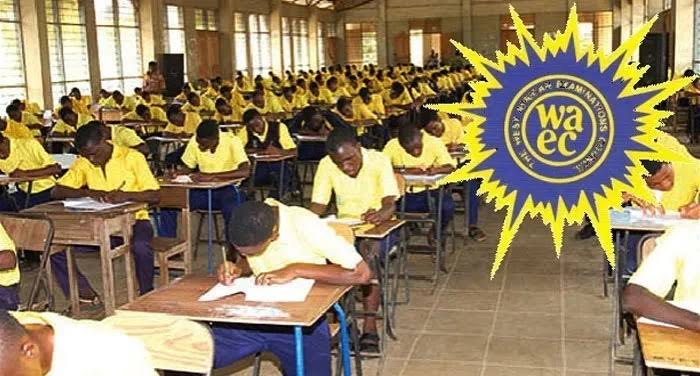The West African Examinations Council (WAEC) has officially released the results for the 2025 West African Senior School Certificate Examination (WASSCE), and the numbers reveal a startling drop in student performance compared to the previous year.
Despite nearly 2 million candidates sitting for the exams, only a fraction achieved credit passes in core subjects, signalling a worrying trend for regional education stakeholders.
Sharp drop in pass rates signals challenges for WASSCE 2025
WAEC’s Head of Nigeria Office, Amos Dangut, disclosed at a press briefing that out of 1,969,313 candidates who took the exam, only 754,545 candidates representing 38.32 per cent secured credit and above in at least five subjects, including English Language and Mathematics.
This contrasts dramatically with the 72.12 per cent credit pass rate recorded in 2024, marking a 33.8 per cent decline in performance.
“This sharp decline is unprecedented in recent years,” Dangut said. He explained that while 87.24 per cent of candidates earned credit passes in five subjects regardless of English and Math results, the inability to pass these crucial core subjects significantly lowered overall success rates.
The 2025 WASSCE also involved candidates from neighbouring countries like Benin Republic, Côte d’Ivoire, and Equatorial Guinea, following the Nigerian curriculum.
WAEC registered a near-equal gender distribution among candidates, with males constituting 49.60 per cent and females 50.40 per cent.
Moreover, WAEC accommodated 12,178 special needs candidates, including those visually impaired and with hearing difficulties, ensuring inclusivity during the examination.
Possible factors driving the decline in WASSCE results
Education experts point to several factors that may have contributed to this decline. The residual disruptions of the COVID-19 pandemic, including prolonged school closures and challenges adapting to remote learning, continue to affect student readiness.
Additionally, many schools’ socio-economic hardships and infrastructural deficits might have played a significant role.
“The drop in performance calls for urgent introspection,” education analyst Dr. Amaka Eze noted. “It highlights the need for improved teaching methodologies, better student support systems, and enhanced focus on foundational subjects like English and Mathematics.”
WAEC advised all candidates to access their results through the official online portal, http://waecdirect.org, with their examination numbers and result-checking PINs.
About 77.06 per cent of the results have been fully processed and released, while outstanding results are being finalised and are expected shortly.
The release of the 2025 WASSCE results has ignited discussions among educators, parents, and policymakers about strengthening the quality of education and addressing the learning gaps exposed by this year’s data.
As the academic community digests these figures, the focus intensifies on strategies to reverse the downward trend before the next examination cycle.

















